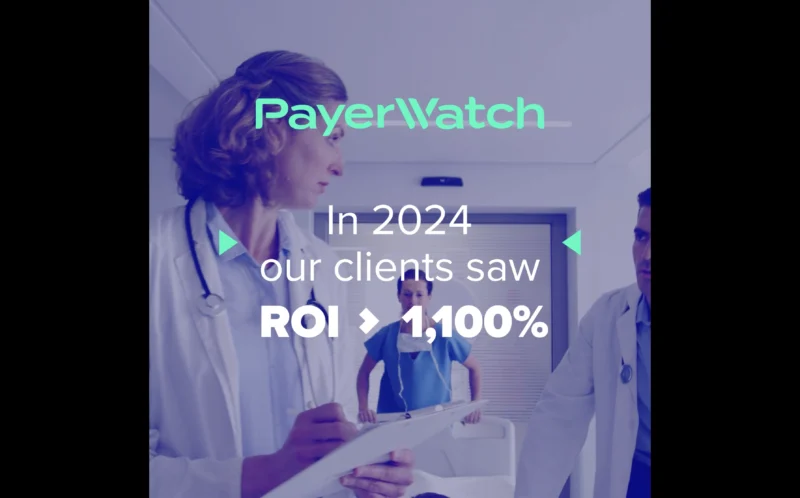How AI Allows Doctors to Get a Step Ahead with Sunny Neogi of KenSci
Every single day we add to our human race. The influx of new doctors cannot match human growth, now seven billion people and growing, and there is a huge lack of capacity in healthcare. The average United States doctor looking at a patient for approximately 11 minutes, which is far too little. Companies like KenSci are looking to change that with a new version of medical AI, previously thought of as “artificial intelligence,” but has since been dubbed “assistive intelligence.”
Sunny Neogi, Chief Growth Officer for KenSci focuses on the real-world applications of assistive intelligence in health care. Neogi points out that AI can help determine future conditions so that steps can be taken now, for example, a pre-diabetic seeking treatment options before they’re fully diabetic or facing kidney failure could free up over 300 hours a year for physicians to treat other patients.
In addition to being preemptive, the assistive intelligence in place is not meant to replace physicians, but to help them in taking over repetitive and mundane tasks like note taking, translations, and data entry.
AI can also help with the discovery of vast medical knowledge, that is doubling quicker than anyone can keep track.
“The quantity and body of medical knowledge used to double every 150 years, today it doubles up every 70 days. It’s humanly impossible for one human to have all of that at their fingertips, but the computer software can assist in telling the doctors that the evidence is there. There’s a supply of knowledge that’s driving a stronger embrace of data AI in healthcare,” says Neogi.
For the latest news, videos, and podcasts in the Healthcare Industry, be sure to subscribe to our industry publication.
Follow us on social media for the latest updates in B2B!
Twitter – @HealthMKSL
Facebook – facebook.com/marketscale
LinkedIn – linkedin.com/company/marketscale








